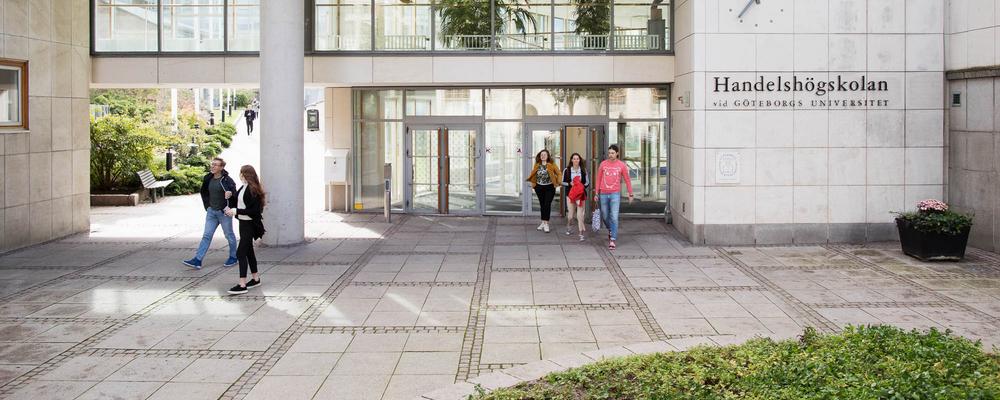“This is a very sad decision. During the past 10 years, we have worked to create a stable base for the activities at GRI, among other things by guaranteeing an inflow of basic funding for co-financing research projects and partly covering the costs for operational support. Over time, it has become apparent that an organisation of this size has great difficulty bearing the costs of the necessary operational support. This leads to uncertainty about long-term development and obvious risks of recurring accumulated deficits,” says Dean Per Cramér.
GRI was started as a foundation in 1990 with the objective to conduct interdisciplinary research and development work within the School's subject areas. GRI in its current form was established as a special unit at the School in 2015. Its mission has been to conduct interdisciplinary post-doctoral research, preferably in programmes, which has been judged to have high business relevance. GRI is also home to the Center for Consumption Research. The activities at GRI have mainly been financed via external grants and partly via faculty basic research funding. In connection with GRI becoming a unit at the School, the deficit at the time was settled with funds from the faculty and the Richard C Malmsten Memorial Foundation. Since 2020, operations have been conducted with an increasing financial deficit.
During 2023, the operations at GRI have been investigated by Vice Dean Ola Bergström, on behalf of Per Cramér. The investigation shows that GRI's interdisciplinary research environment has great value for the School and is judged to have great societal relevance in the future as well. Alternative forms of organisation have been considered, which could mean an opportunity to maintain an environment where researchers from different subject areas can meet. The investigation concludes that there are no conditions for GRI to continue as a separate unit. However, research activities at GRI can continue in another form, for example as a centre.
“It is now important that the wound-up of GRI takes place in a responsible manner, and that employees at GRI are supported in the best way,” says Per Cramér.
Most researchers associated with GRI are employed at one of the School's departments, at other departments within the University of Gothenburg or at other universities. Half of the research projects will be completed in 2023, according to their original plan. Other projects will continue, at the latest until December 2026.

